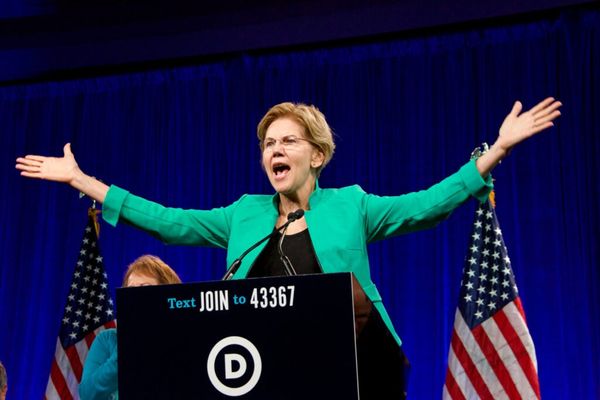
New York's highest court has decided not to intervene in the upcoming sentencing of Donald Trump in his hush money case, paving the way for the hearing to proceed as scheduled on Friday. This ruling leaves the U.S. Supreme Court as the president-elect's final option to potentially halt the sentencing.
Trump's legal team had sought a hearing from the New York Court of Appeals to delay the sentencing, but their request was denied by a single judge. The team then turned to the Supreme Court after facing rejections from New York courts.
Trump was convicted last May on 34 felony counts of falsifying business records, a charge he denies. Despite indications that the sentencing by Judge Juan M. Merchan may not include jail time, fines, or probation, Trump's lawyers argued that a felony conviction could still have significant repercussions, particularly as he prepares to assume office.
The defense team contended that the Manhattan trial was politically motivated and violated Trump's immunity from prosecution for actions taken while in office, as established by a Supreme Court ruling last summer. They insisted that the sentencing should be postponed pending resolution of their appeals on the immunity issue.
However, New York judges have determined that Trump's convictions are related to personal matters rather than official acts. Trump's attorneys have expressed concerns that the sentencing could disrupt his presidential transition as he readies to return to the presidency on January 20.
In an emergency motion to the U.S. Supreme Court, Trump's attorney argued that proceeding with the sentencing at this time would constitute a 'grave injustice.' The motion was submitted to Justice Sonia Sotomayor, who handles emergency appeals from New York.







